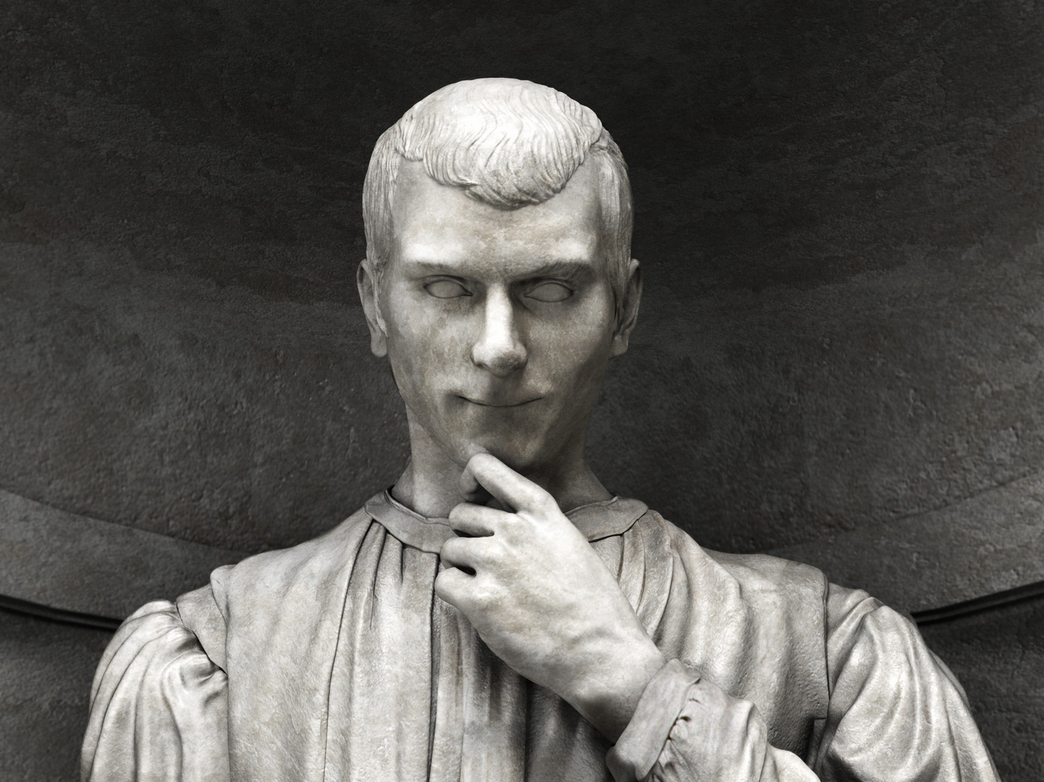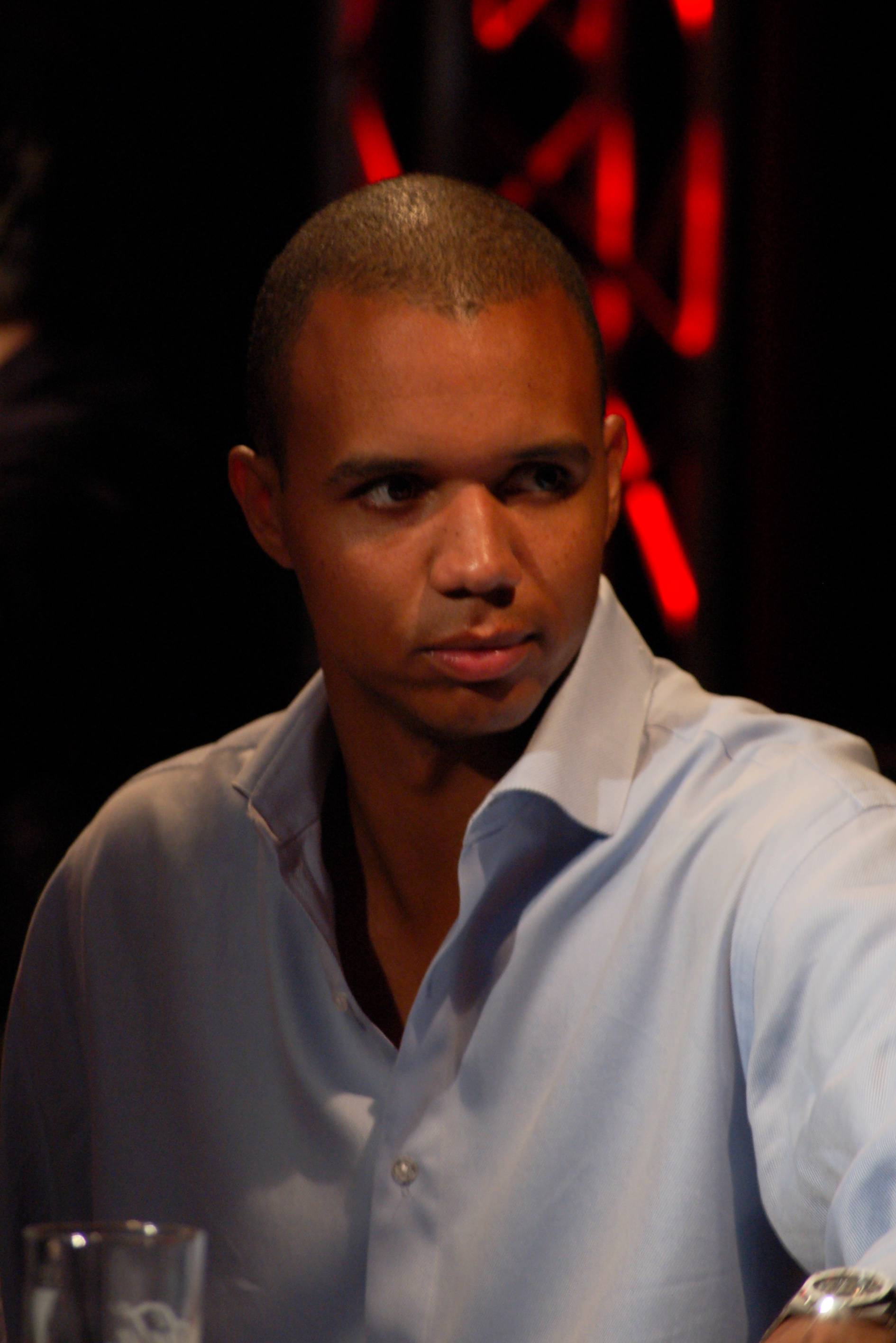
Online Poker Exposing Secrets of the Machiavellian Mind

Online poker players are helping to shine a light on the classic definition of a Machiavellian. (Image: returnofkings.com)
Online poker players could provide the answers to how and why we deceive people according to university researchers.
The human trait of being deceptive is one that’s intrigued psychologists, writers and artists ever since the Renaissance and Niccolò Machiavelli.
Until now, studies into the Machiavellian mind have only taken place in simulated settings. However, thanks to the popularity of online poker, researchers now have a natural setting to analyze our deceptive tendencies.
A joint study by the University of Lancaster (UK) and the University of Helsinki (Finland), psychologists is starting to uncover the reasons why some people are more “Machiavellian” than others.
Machiavellians More Likely to Bluff
Moreover, the research is also shedding some light on the reasons certain players want to take control at poker table and, in turn, be more inclined to bluff.
“To be a successful poker player, the general advice is to be the one controlling the action. Machiavellians might have an increased propensity to bluff not because they are amoral or desire status in life, but because they dislike showing weakness and generally desire to be in control,” said Dr Jeff Yan of Lancaster University’s School of Computing and Communications.
Analyzing the playing habits of 490 online poker players, the researchers also found that Machiavellian types tend to get angry when someone slow plays them.
This finding goes against the traditional assumption that this type of person is often unemotional and rational.
Using the Study to Improve Poker Strategy
According to Yan, a poker player himself, the implications of understanding the Machiavellian personality type could also unlock some new moves at the table.
Knowing that someone is high on the Machiavellian scale (i.e. by watching them get overly emotional after a slow play) could mean they are more likely to make big bluffs which would, therefore, make it more profitable to call them down.
Similarly, if a player has a strong reaction to being bluffed and shown, then it could indicate they have a Machiavellian personality and be more likely to try and take control of the game through aggressive play.
Top players like Daniel Negreanu, Phil Ivey and others have likely incorporated some of these tactics into their play on the felt at certain times during their careers.
Although more research into the subject is necessary before any solid conclusions can be made, it’s certainly an interesting field of investigation that could help to enlighten both psychologists and poker players.
Are You the Machiavellian Type?
When someone is described as Machiavellian they are seen to be amoral, deceptive and controlling.
Although there are tests that will determine how “Machiavellian” you are, the general traits of someone who fall into the classic mold of this personality type include.
They function well in social situations with ambiguous rules and boundaries.
They are emotionally detached and cynical which allows them to control their impulses and be opportunistic.
Their MO to get what they want includes subtle behaviors such as being charming, friendly, appearing guilty and pressuring.
They are great in competitive situations, but not such great friends or partners.















0 Comments